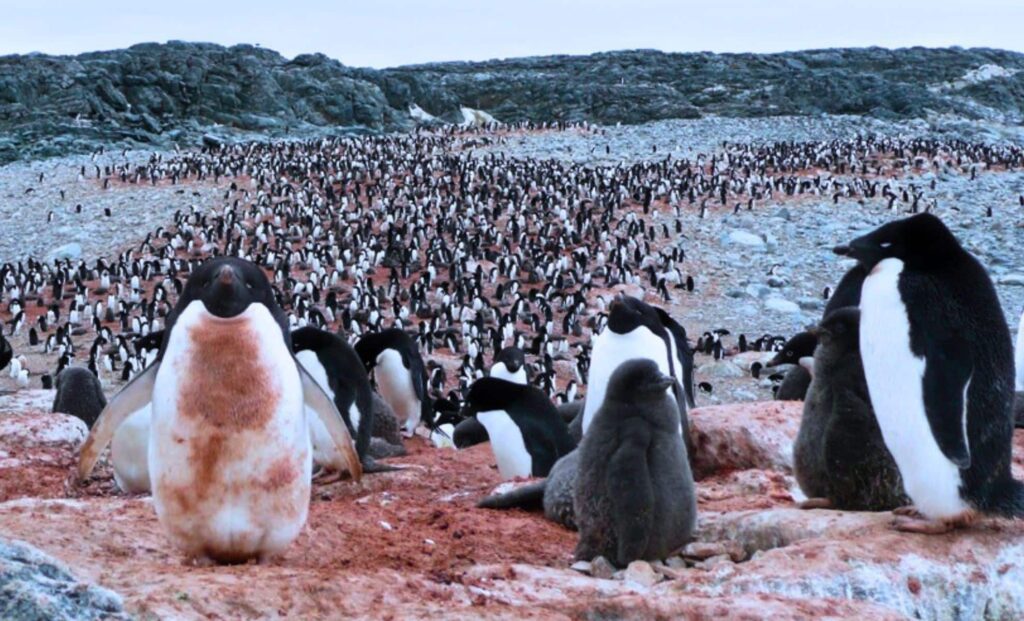A recent study published in Nature Communications highlights how Adelie Penguins have served as indicators of climate change in Antarctica through their feces over the past 6,000 years. Researchers analyzed over 100 sediment samples from 10 penguin colonies along the Antarctic coastline, revealing significant ecological changes correlating with climate shifts. While six colonies remain active today, four have disappeared, suggesting that climate and habitat changes have impacted penguin populations over time.
The study involved extracting 156 metagenomics samples, which generated an impressive 94 billion DNA sequences, providing insights into the ancient ecosystem, including traces of other wildlife. It found that Adelie Penguins historically relied on fish thriving under sea ice, but their diet shifted as climate changes altered their hunting grounds. Additionally, the elephant seal, once present in the region, vanished around a thousand years ago, likely due to climate change, showcasing how species can be affected by environmental shifts.
Research indicates that as temperatures rise and sea ice diminishes, species are likely to migrate or decline. The study authors believe this work is just the beginning, as deeper excavations could reveal millions of years of climate history. These findings are crucial for conservation efforts, particularly in the Ross Sea, the largest marine reserve in the world, helping scientists understand the responses of species like Adelie Penguins to past climate changes to better predict and mitigate future environmental disruptions.


